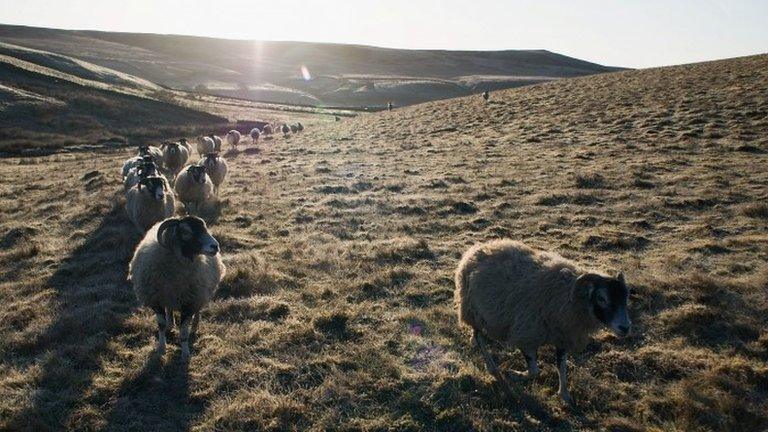Royal Welsh Show: Michael Gove's pragmatic Brexit approach
- Published
- comments
Michael Gove said meetings had been very positive
The UK Environment Secretary said he was taking a "constructive, open-minded and pragmatic" approach to farming as Britain leaves the European Union.
Visiting the Royal Welsh Show, Michael Gove said he had a "very warm and positive" first meeting with his Welsh counterpart Lesley Griffiths.
Earlier, she warned farming was at risk of "being put back decades" by Brexit.
The Farmers Union of Wales (FUW) said political arguments had to make way for "sensible discussion".
Ms Griffiths fears Wales will have less power and flexibility after Brexit if the UK government's repeal bill becomes law.
But Mr Gove said Welsh farming would have a new chance to "grow and flourish".
He said he had "fantastic" relationship with Welsh ministers. His next meeting with Ms Griffiths would be in September but he said Welsh Secretary Alun Cairns would be holding regular meetings in the meantime.
Ms Griffiths said it had been a "constructive" meeting but the months were "whizzing by" and "we really need to be picking up now".
The Welsh environment secretary said she needed more substantial information from the UK Government that could be passed onto farmers.
She said there were "grave concerns" with the UK government's proposed Withdrawal Bill and she needed reassurance that it could be redrafted.
"We have got very distinct needs in Wales - the farmers, the food producers and businesses are telling me this - we need to retain the ability to form our own policies," said Ms Griffiths.
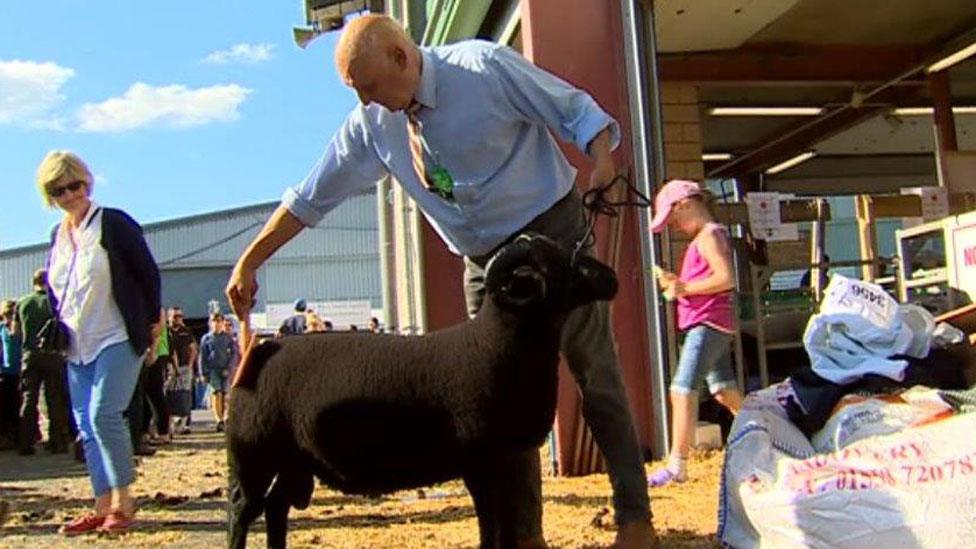
The Royal Welsh Show near Builth Wells opened on Monday
Brexit is set to dominate the political agenda at the four-day event, Europe's largest agricultural festival.
First Minister Carwyn Jones, also at the opening day of the show, told Radio 4's Today programme: "London shouldn't become the new Brussels. We cannot have a Defra minister negotiating on behalf of Welsh farming without their consent."
A Defra spokesman said it was working closely with all the devolved administrations to "make sure we get the best deal for farmers across the UK when we leave the EU".
This included the right powers being returned to Westminster and the right powers being passed to Wales.
Ministers say they need time to develop a legal framework for matters such as trade, animal health and farm subsidies that would apply UK-wide.
Farming unions called for politicians to put aside differences and work towards a "sensible" Brexit.
Welsh farming unions and Meat Promotion Wales have insisted that ongoing tariff-free access to European markets is vital.
Mr Gove told BBC Wales that the farming unions were very optimistic about the opportunities for selling Welsh lamb in Europe and beyond.
"Welsh lamb is renowned the world over for its quality and the provenance of Welsh lamb is going to be a selling factor which will ensure that Welsh farmers will be able to have even more markets for their products and even more money coming into the principality."
NFU Cymru president Stephen James said they had made it "crystal clear" to Mr Gove and Mr Cairns that a transitional period from current arrangements to a new agricultural policy over a number of years was "an absolute must".
Alan Davies of the FUW said: "We all recognise that Brexit is going to be difficult - we're even trying to plan something when we don't know what the end-game in terms of access is going to be.
"Over and above that we've got a lot of political arguing going on and we must cut though that. We expect our politicians to create some sort of framework to allow sensible decision-making and sensible discussion as soon as possible".
Plaid Cymru AM Simon Thomas set out his party's vision for agriculture post Brexit during a question and answer session.
He said: "Plaid Cymru agrees with the need for UK frameworks as we leave the EU and wanted to work in building up those frameworks for agriculture, fisheries and for the environment.
"But the attitude of Tory ministers in Whitehall makes that impossible. What we are seeing now is not frameworks but impositions."
- Published2 February 2017
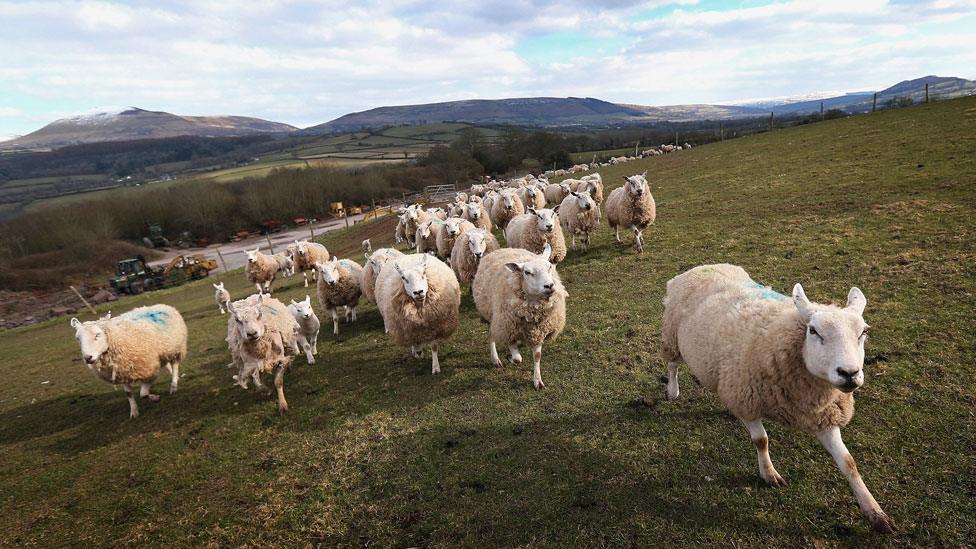
- Published2 February 2017
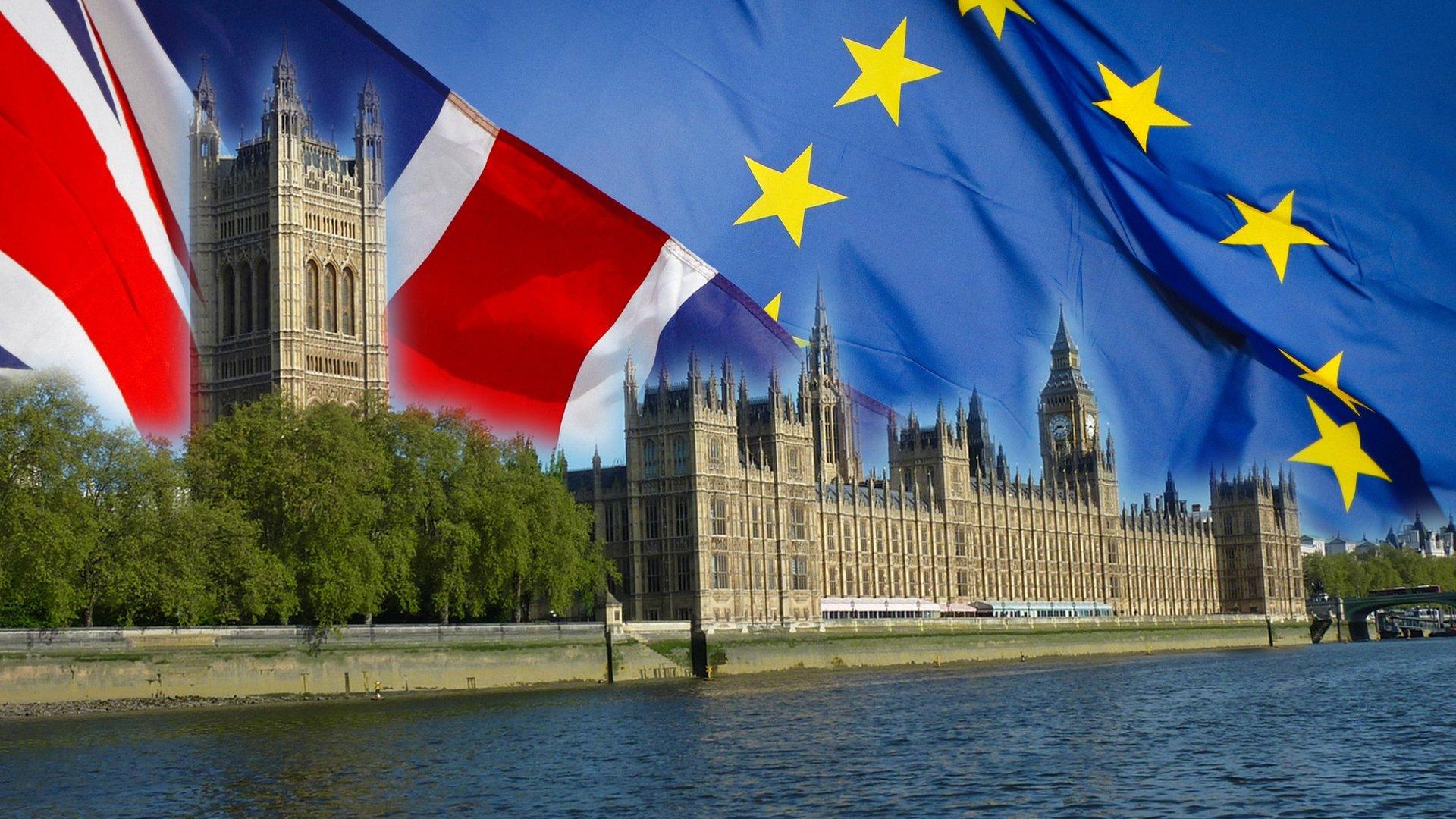
- Published1 February 2017
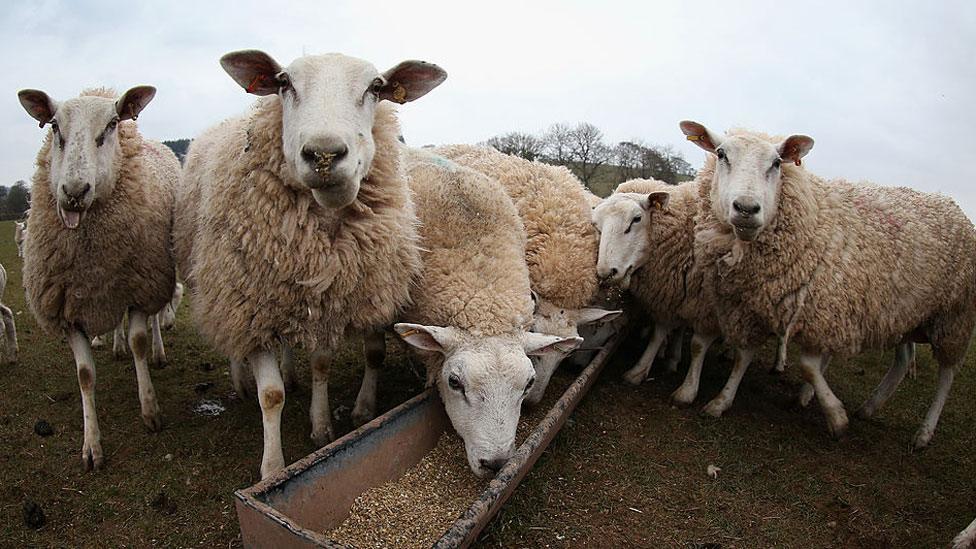
- Published18 January 2017
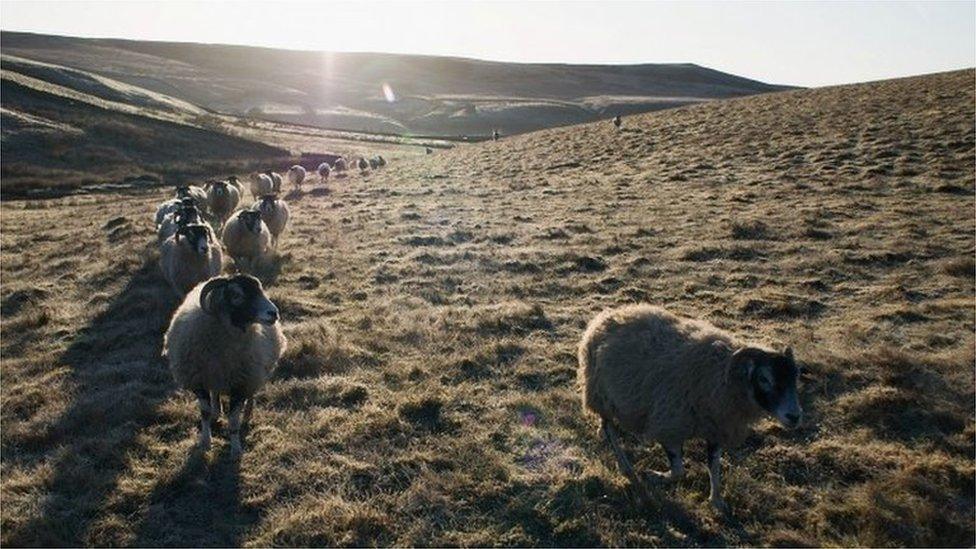
- Published6 October 2016
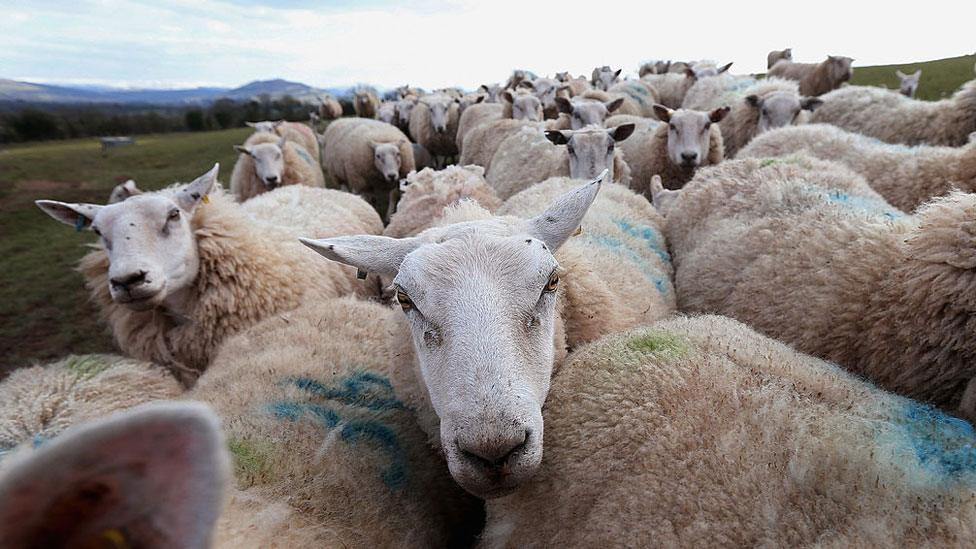
- Published18 July 2016
